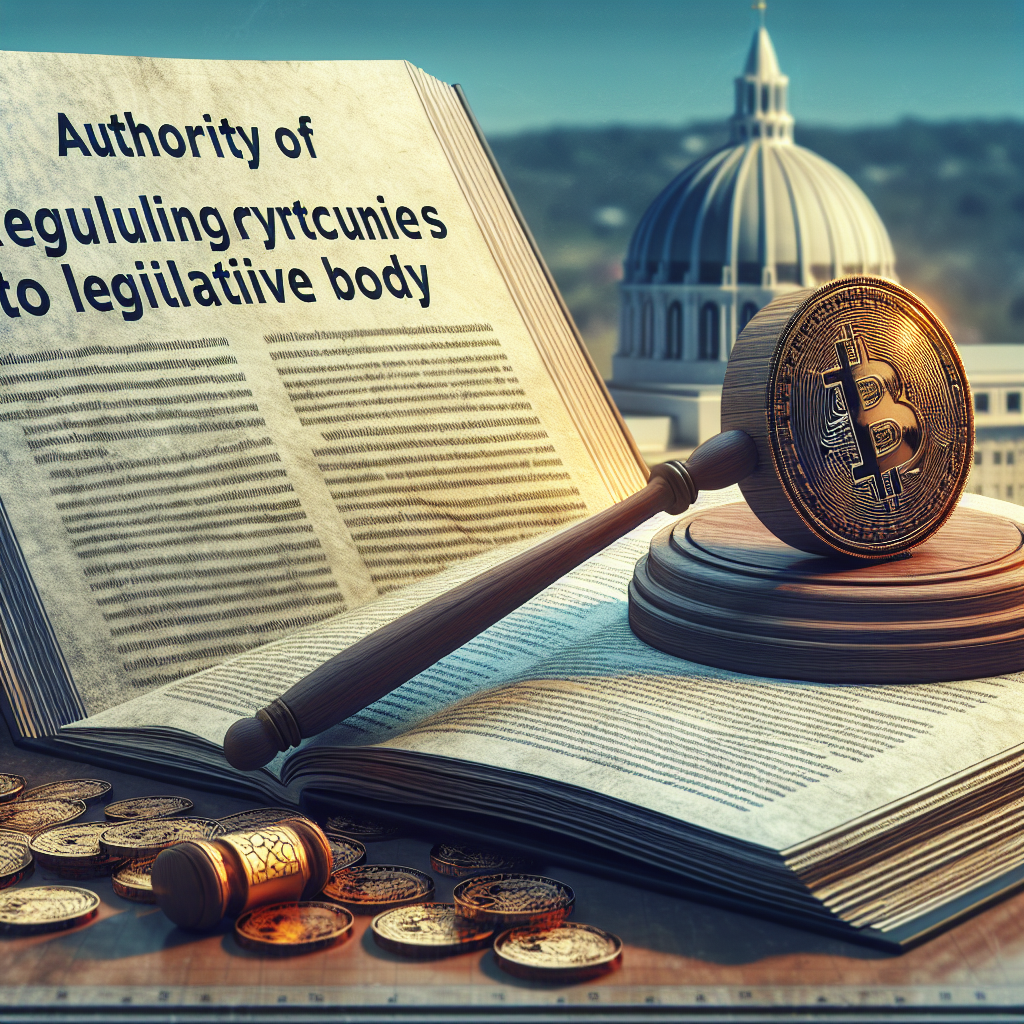Supreme Court Shifts Responsibility of Regulating Cryptocurrencies to Parliament

In a landmark decision, the Supreme Court has shifted the responsibility of regulating cryptocurrencies to the Parliament. This move signifies a significant shift in the approach towards the burgeoning field of digital currencies and blockchain technology. The decision has been met with mixed reactions from various stakeholders, with some lauding it as a step towards legitimizing cryptocurrencies, while others express concerns about potential misuse and lack of adequate regulatory mechanisms.
The Supreme Court’s Decision
The Supreme Court’s decision came in response to a series of petitions challenging the Reserve Bank of India’s (RBI) 2018 circular that prohibited banks and financial institutions from dealing in cryptocurrencies. The court found that while the RBI has the power to take preemptive action, the onus of creating a regulatory framework for cryptocurrencies falls on the Parliament.
Implications for the Cryptocurrency Industry
This decision has far-reaching implications for the cryptocurrency industry in the country. It opens up the possibility for a more nuanced and comprehensive regulatory framework that could potentially foster innovation while mitigating risks.
- Legitimization of Cryptocurrencies: The decision could pave the way for the legitimization of cryptocurrencies, which have so far operated in a legal grey area.
- Boost to Innovation: A clear regulatory framework could boost innovation in the field of blockchain technology and cryptocurrencies.
- Investor Protection: Regulation could also provide much-needed protection to investors, who are currently exposed to high levels of risk due to the volatile nature of cryptocurrencies.
Challenges Ahead
While the decision is a significant step forward, it also presents a set of challenges. The primary challenge lies in creating a regulatory framework that strikes a balance between fostering innovation and mitigating risks.
- Regulatory Complexity: Cryptocurrencies, by their very nature, are complex and decentralized, making them difficult to regulate.
- Preventing Misuse: There is also the challenge of preventing the misuse of cryptocurrencies for illegal activities such as money laundering and financing of terrorism.
- Investor Protection: Protecting investors from the high volatility and potential fraud in the cryptocurrency market is another significant challenge.
Case Studies: Regulatory Approaches in Other Countries
As the Parliament takes on the task of regulating cryptocurrencies, it could look towards other countries for inspiration. For instance, Japan has recognized Bitcoin as a legal payment method and has a comprehensive regulatory framework in place. On the other hand, China has taken a more restrictive approach, banning all cryptocurrency trading.
Conclusion
The Supreme Court’s decision to shift the responsibility of regulating cryptocurrencies to the Parliament marks a significant milestone in the evolution of digital currencies in the country. While the decision opens up the possibility for a more comprehensive regulatory framework, it also presents a set of challenges. As the Parliament takes on this task, it will need to strike a balance between fostering innovation and mitigating risks. The way forward will require careful deliberation and a nuanced understanding of the complex world of cryptocurrencies.
